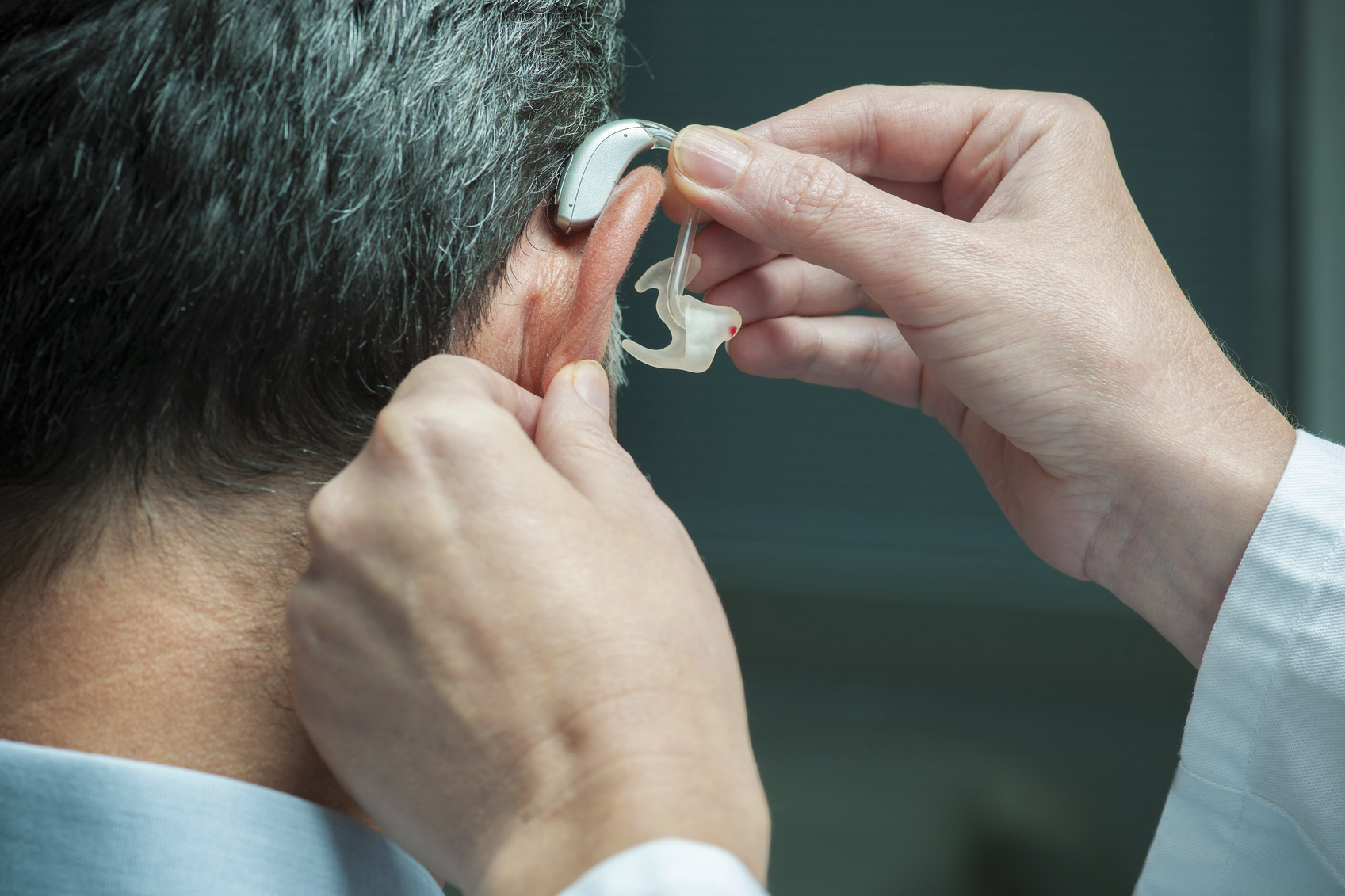People who have been involved in accidents or have reached a certain age may experience some degree of hearing loss. The logical solution is to determine if hearing aids would help. If so, the next step it to invest in the aids. Modern hearing aids that are rechargeable are a popular option for hearing loss. Unfortunately, insurance may or may not help with the cost. Here are a few things you should know about insurance for hearing aids and whether your plan might provide some benefits.
Where You Live Can Make a Difference
Depending on where you live, the state may require that all health insurance policies provide the option for including hearing aid benefits. This is good news if you live in one of those states since at least some coverage will be in place.
Other jurisdictions do not have this requirement. In fact, there may be no provisions for hearing aids even if you’ve been involved in an event that’s covered within the policy ters and conditions. If that’s the case, the cost of hearing aids will have to be covered out of pocket.
Age Can Also Be a Factor
Your age may also have some bearing on whether the health insurance will provide some coverage for the hearing aids. As of the end of 2020, there are twenty states that require insurance providers to include benefits for hearing aids. Those benefits apply only to children under the age of 18. In many of those states, there are no similar requirements for covering adults.
You can check with the state board that manages the sale of insurance plans within your state. You can also check with your provider and find out what type of coverage is currently required. With a little luck, you’ll find that at least some of the cost will be covered.
Hearing Aids as Elective Options
In states where there is no mandate for hearing aid coverage, insurance providers are free to classify this type of coverage in any way they choose. This could mean that hearing aids are considered to be elective. This simply means that the provider does not consider hearing loss to be an important enough medical condition to provide coverage.
If you find yourself in this situation, it helps to know there are alternatives to having insurance for hearing aids. These include medical loans that will cover the cost and allow you to repay the balance using a series of installment payments. Some manufacturers also offer discount programs that help to cover part of the cost, assuming you meet their qualifications.
Partial Rather Than Full Coverage
While you may not have full coverage, there may be some provisions within your health insurance that allow for partial coverage. This could be a fixed amount or a defined percentage of the total cost, assuming you use a company that’s considered to be in the provider’s network. While this would still leave you with a balance, managing the cost will be a little easier.
If you have experienced a hearing loss and wonder what hearing aids could do for you, schedule a consultation with an audiologist. Once the need is established, talk with your insurance provider and see what can be done. With a little luck, your benefits will extend to hearing aids and they can be ordered at once.


 Home
Home









